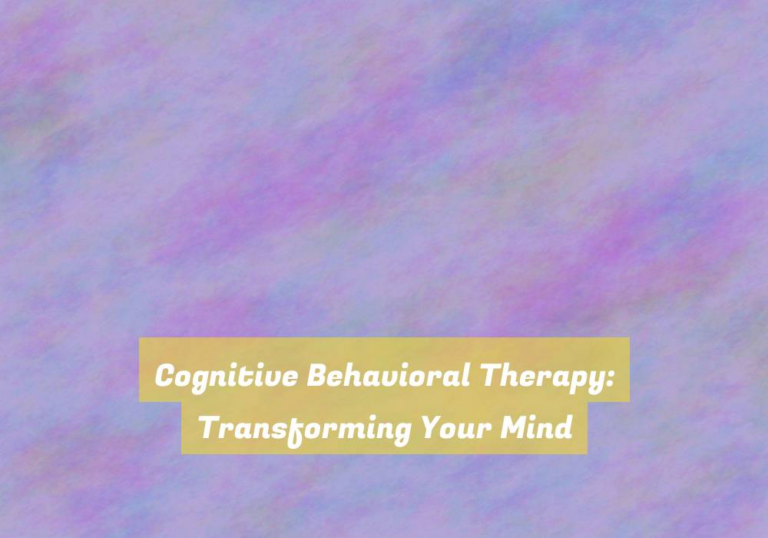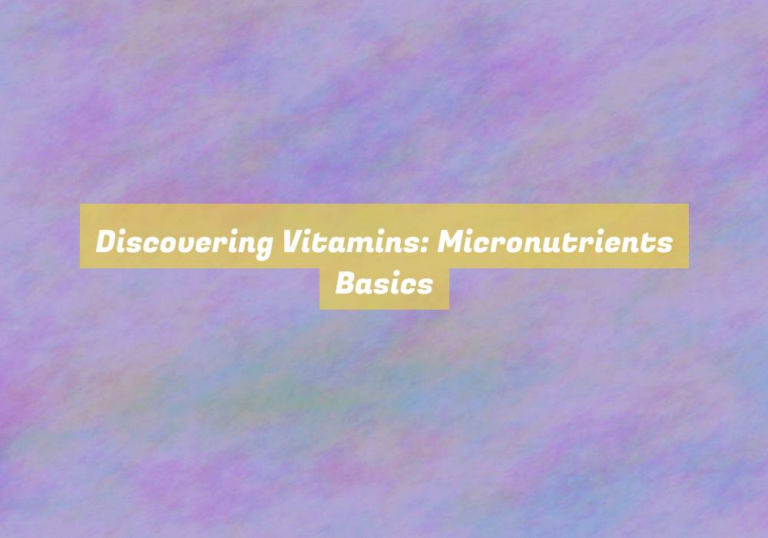Unraveling Health and Diet Myths: Facts vs. Fiction
Are you aware that 80% of New YearGÇÖs resolutions related to health and diet fail by February? With so much conflicting information out there, itGÇÖs no wonder that people struggle to separate fact from fiction when it comes to what they should and shouldnGÇÖt be doing for their health.
But fear not, because in this discussion, weGÇÖll be uncovering the truth behind some of the most pervasive health and diet myths, and you might be surprised by what you learn.
So, letGÇÖs dive in and separate the truth from the hype.
The Truth About Superfoods
When it comes to superfoods, you might be surprised to learn that their supposed GÇÿmagicalGÇÖ properties may not be as miraculous as youGÇÖve been led to believe. While superfoods are often touted as the ultimate solution for all your health woes, the truth is a bit more nuanced.
Yes, many of these foods are packed with essential nutrients and antioxidants that can benefit your overall health, but they arenGÇÖt a cure-all.
In reality, the term GÇÿsuperfoodGÇÖ is more of a marketing label than a scientific classification. ThereGÇÖs no official criteria or standard for what constitutes a superfood, and the health claims associated with these foods are often exaggerated.
So, while incorporating superfoods into your diet can certainly be beneficial, itGÇÖs important to remember that theyGÇÖre just one piece of the puzzle when it comes to maintaining a healthy lifestyle.
Instead of focusing solely on superfoods, itGÇÖs crucial to prioritize a balanced diet that includes a variety of nutrient-dense foods. By incorporating a wide range of fruits, vegetables, lean proteins, and whole grains into your meals, you can ensure that youGÇÖre getting the full spectrum of essential nutrients your body needs.
Debunking Cholesterol Myths
LetGÇÖs cut through the misconceptions surrounding cholesterol and its impact on your health. ItGÇÖs time to debunk the myths and get to the facts about cholesterol.
First off, not all cholesterol is bad. In fact, your body needs it to build cell membranes and produce hormones. The real issue lies in the balance of different types of cholesterol.
High levels of low-density lipoprotein (LDL) cholesterol, often referred to as GÇÿbadGÇÖ cholesterol, can lead to plaque buildup in your arteries, increasing the risk of heart disease. On the other hand, high-density lipoprotein (HDL) cholesterol, known as GÇÿgoodGÇÖ cholesterol, helps remove LDL from the bloodstream.
Contrary to popular belief, consuming foods high in dietary cholesterol, like eggs, doesnGÇÖt significantly impact blood cholesterol levels for most people. Instead, itGÇÖs saturated and trans fats that have a greater influence. So, focus on limiting these fats in your diet rather than obsessing over dietary cholesterol.
Understanding the role of different types of cholesterol and making informed dietary choices is key to maintaining a healthy heart.
Unraveling SugarGÇÖs Impact
You may be surprised to learn that sugar can have a significant impact on your overall health and well-being. While itGÇÖs commonly known that excessive sugar consumption can lead to weight gain and dental issues, its effects go far beyond that. Consuming high amounts of added sugars has been linked to an increased risk of developing conditions such as type 2 diabetes, heart disease, and even certain types of cancer.
Furthermore, sugary foods and beverages can cause fluctuations in blood sugar levels, leading to energy crashes and cravings for more sugar, creating a vicious cycle.
Excessive sugar intake can also have a negative impact on your mental health. Studies have shown that a diet high in sugar may increase the risk of depression and anxiety. Additionally, the consumption of sugary foods and drinks has been associated with inflammation in the body, which can contribute to a variety of health issues.
ItGÇÖs important to be mindful of your sugar intake and opt for natural sources of sweetness, such as fruits, to satisfy your cravings. By being aware of the impact of sugar on your health, you can make informed choices to support your overall well-being.
Fact or Fiction: Hydration Myths
Uncovering the truth about hydration myths is essential for maintaining overall well-being, just as understanding the impact of sugar on your health is crucial. LetGÇÖs debunk some common hydration myths to ensure you have the right information to stay properly hydrated.
Myth: You only need to drink water when you feel thirsty. Fact: Thirst is a sign of dehydration, so itGÇÖs important to drink water regularly throughout the day, even if you donGÇÖt feel thirsty.
Myth: All beverages contribute to your daily hydration needs. Fact: While beverages like water, herbal teas, and some fruit juices can contribute to hydration, caffeinated and alcoholic drinks can have a diuretic effect, leading to increased fluid loss.
Myth: You need to drink eight glasses of water per day. Fact: Your hydration needs depend on various factors such as age, gender, activity level, and climate. The GÇÿeight glassesGÇÖ rule is a general guideline, but individual needs may vary.
Myth: Clear urine is a sign of proper hydration. Fact: While dark urine can indicate dehydration, clear urine may not necessarily mean youGÇÖre adequately hydrated. ItGÇÖs essential to pay attention to your overall fluid intake rather than solely relying on urine color.
Understanding the facts about hydration can help you make informed decisions to support your overall health and well-being.
Conclusion
Now that youGÇÖve learned the truth about superfoods, cholesterol myths, sugarGÇÖs impact, and hydration, you can make more informed decisions about your health and diet.
DonGÇÖt believe everything you hear – make sure to fact-check and consult reliable sources.
By separating facts from fiction, you can take control of your health and well-being.
Keep learning and staying informed to stay on the right track towards a healthier lifestyle.




